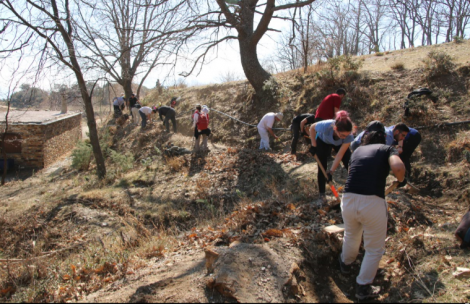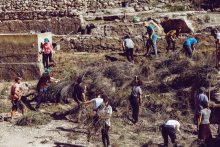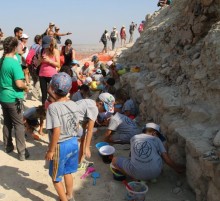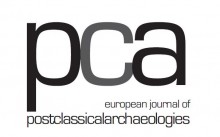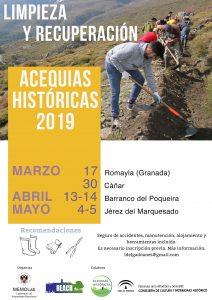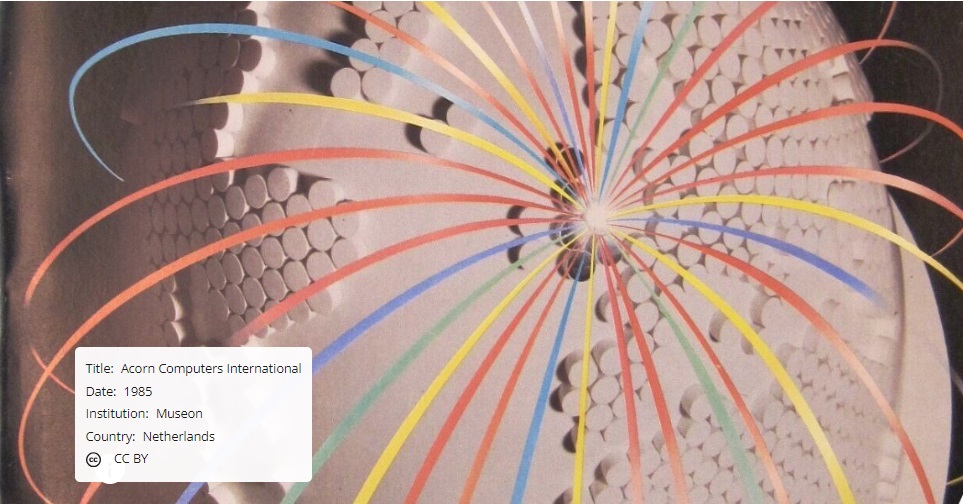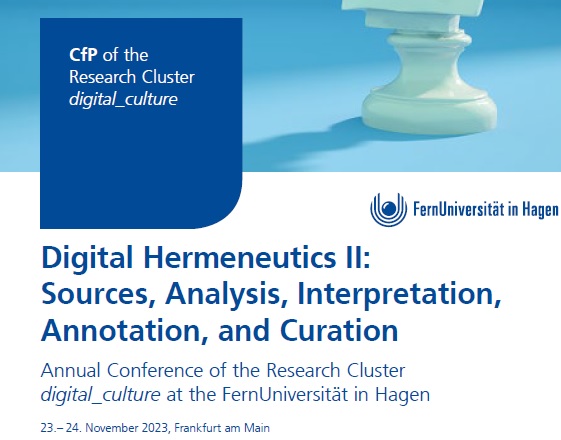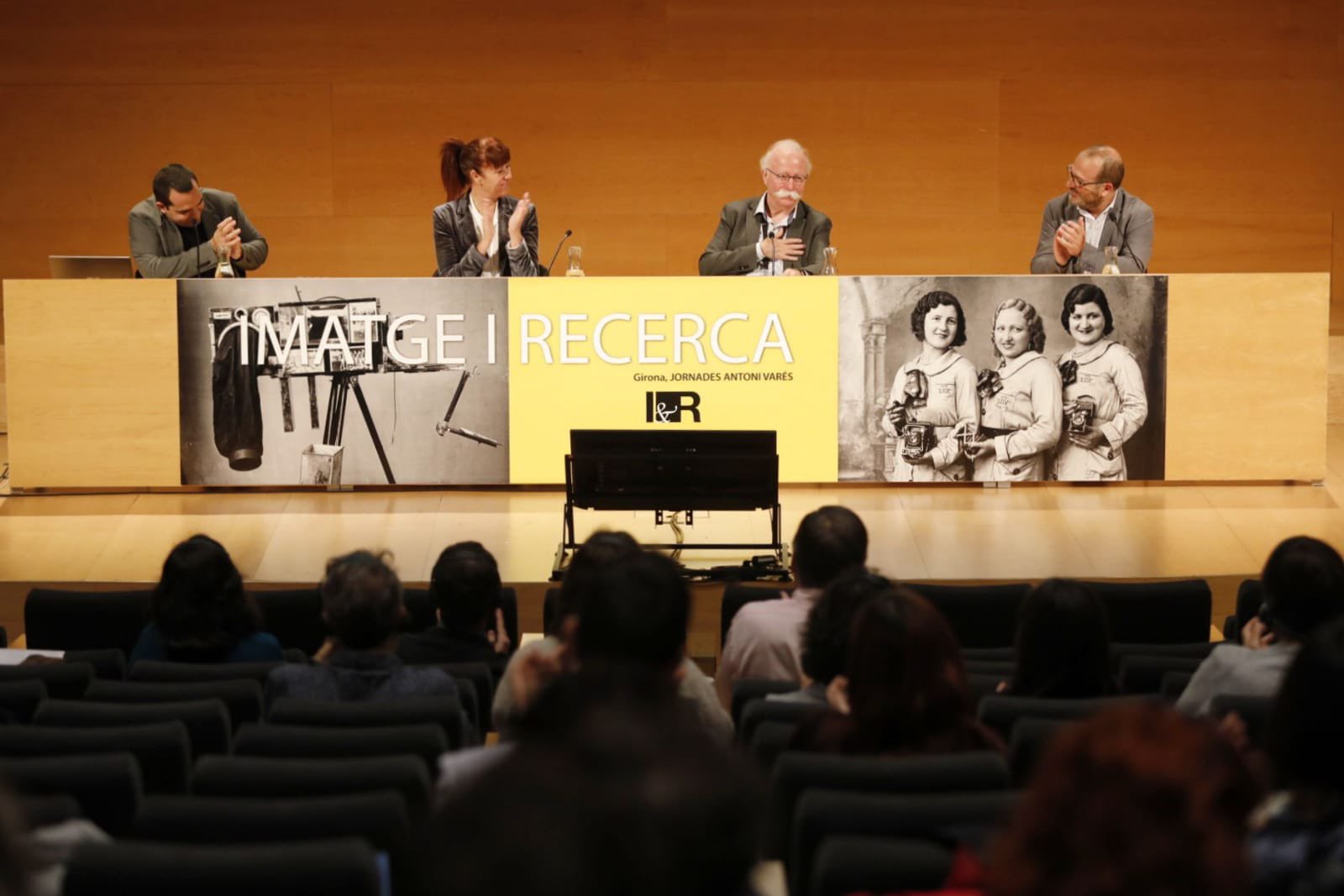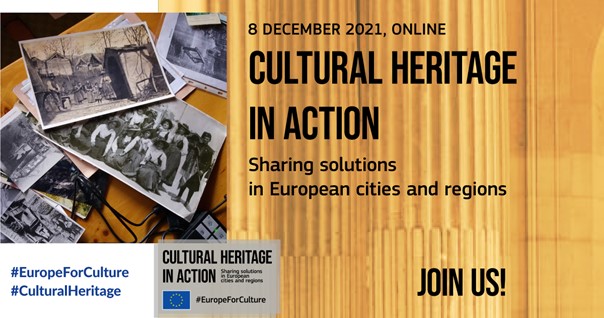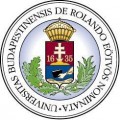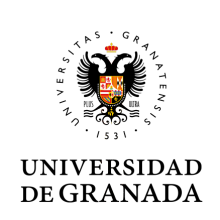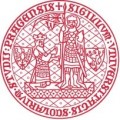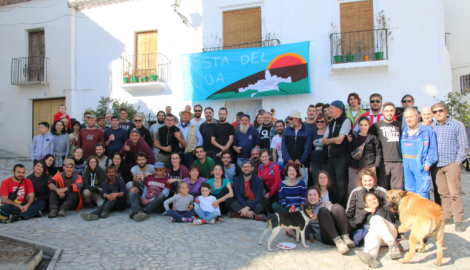 On Saturday 17th of February, the University of Granada, together with the local irrigators community, organised the annual cleaning of the medieval irrigation channel of Barjas and of the branch La Hijuela, surrounding Cáñar. In this fieldwork activity took part 80 people, 64 volunteers and 16 irrigators.
On Saturday 17th of February, the University of Granada, together with the local irrigators community, organised the annual cleaning of the medieval irrigation channel of Barjas and of the branch La Hijuela, surrounding Cáñar. In this fieldwork activity took part 80 people, 64 volunteers and 16 irrigators.
The volunteers involved were university students from different disciplines, cultural and environmental associations members, and people interested in the conservation of this particular rural heritage and its corresponding cultural landscape. They came from Spain, France, Italy, Germany and Chile, and for some of them was the first time visiting Sierra Nevada and discovering historical irrigation channels.This annual cleaning is intended to help local farmers to put in use 3 km of irrigation channel, recovered in 2014 as part of the FP7 MEMOLA project (http://memolaproject.eu/node/927), and to start the irrigation period. This irrigation channel helps having water during summer period and increase the water availability in the village springs.
Volunteers participating in this one-day action came in contact with the local population, working side-by-side and learning from their practices the values of this hydraulic rural system.The cleaning was carried on throughout the morning, then, when the water could flow through the channel, the traditional water celebration started and the local community invited all participants to have lunch together, tasting local products and traditional kitchen recipes. After lunch, a local group of musicians entertained the public with traditional music.
The University of Granada took the opportunity to hand over the Hispania Nostra good practices award(http://memolaproject.eu/node/2316) to the local irrigators community, for the recovery of Barjas channel in 2014. Similar events will take place next month in collaboration with others local irrigators communities in Sierra Nevada, in the framework of REACH project pilot case on rural heritage.



